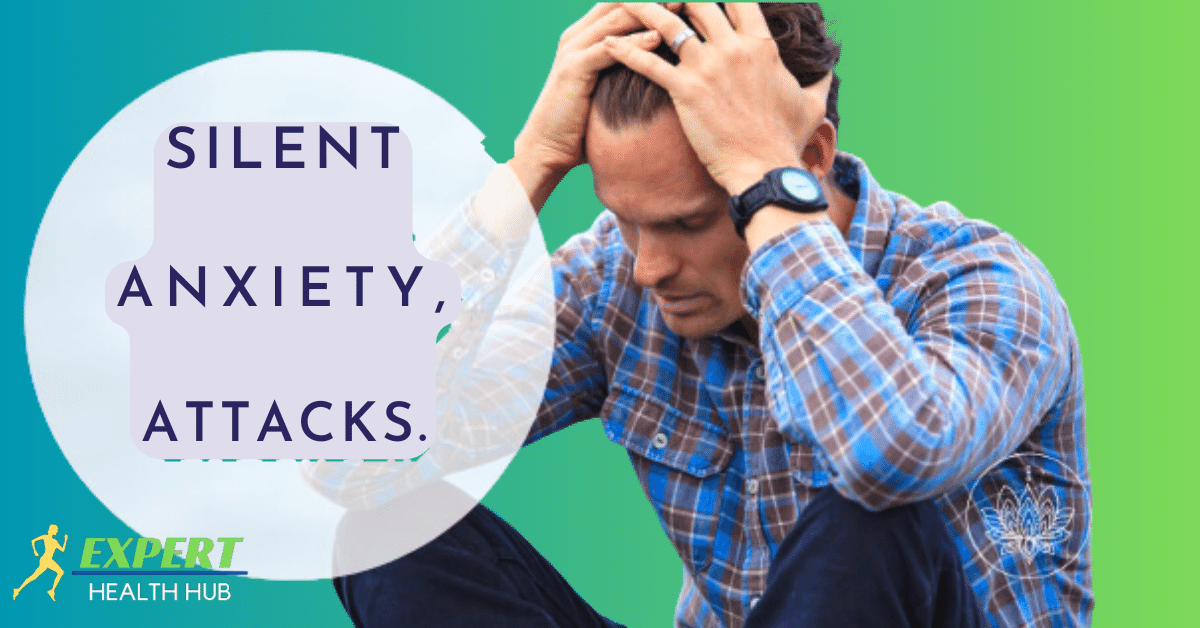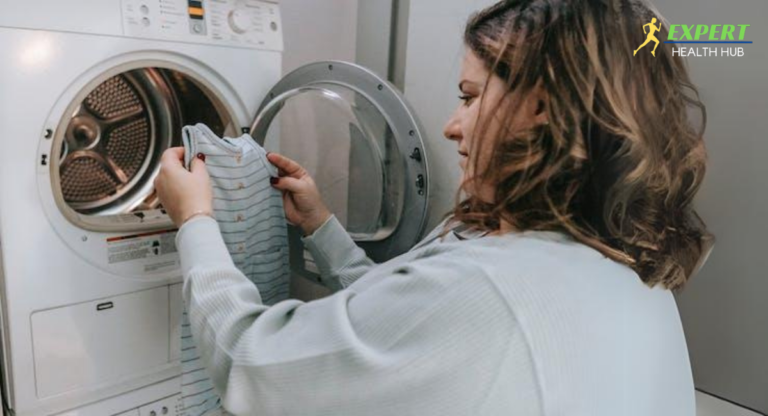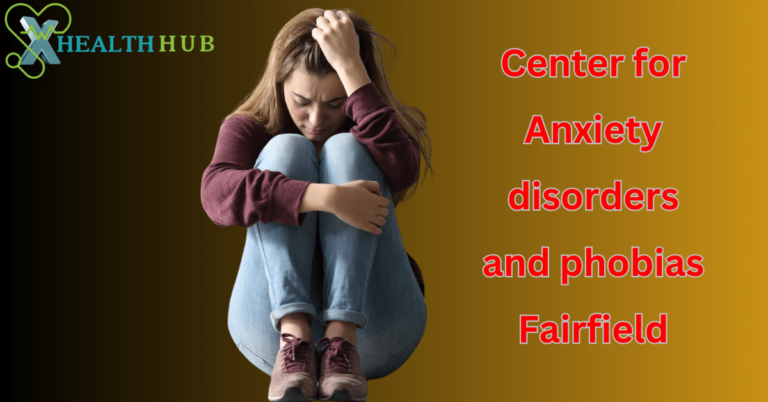Silent Anxiety Attacks: Unseen Struggles & Coping Strategies
Silent anxiety attacks:
Introduction:
If you are searching for silent anxiety attacks, then your search has ended In this article, you learn completely about silent anxiety attacks.
Table of Contents
Many people are impacted by anxiety in today’s busy environment. A quiet anxiety attack is something you might not be familiar with, though. They are stealthy and unobtrusive, yet they pack a powerful emotional and mental impact. From their cunning symptoms to ways to get rid of them, let’s take a closer look and find out what they are.
Pro Tip: Learn more about :Anti-anxiety agents work by
1. The Signs and Symptoms of Silent Anxiety Attacks

Characteristics & Definition:
Similar to those sneaky farts, you might not be aware of a quiet anxiety episode until it’s happened. Because they aren’t as dramatic as regular panic attacks, you can miss them. It seems as though anxiety ambushes you at the most inopportune time.
Set apart from the commonplace panic attacks:
Unlike panic attacks, which may be heard like a funeral procession, quiet anxiety attacks can sneak up on you like a shadowy ninja. Even though they’re both anxiety attacks, one is more outspoken and noticeable than the other. It’s the same as saying a nighttime stealth mission is similar to a fireworks display.
Pro Tip: Learn more about : 222 angel Number meaning anxiety
2. Warning Signals for People Who Have Quiet Anxiety Attacks
Physical Markers:
Imagine this: Your muscles are taut as a rubber band, your heart is pounding like a marathon, and your respiration is shallow as a goldfish in a puddle. The bodily manifestation of a covert anxiety episode is as sly as it is unsubtle. Your body is trying to play charades with you, trying to convey meaning through nonverbal cues.
Mental and emotional issues:
On an emotional level, you could experience dizziness, and racing thoughts through your head like a hundred-meter dash. You didn’t ask to be thrown on this terrifying and distracting rollercoaster. Your thoughts are the hunters, while your emotions play hide-and-seek. The mental equivalent of a mental circus is a whirlwind of feelings and ideas.
3. What Causes and Triggers Quiet Anxiety Attacks?

Biological and contextual variables:
The combination of heredity, stress, and prior trauma is like a recipe for catastrophe. When combined, they create an ideal environment for a silent panic attack. Your anxiousness is like an unwelcome houseguest who unexpectedly showed up at a party you were planning.
Personal Background and Difficulties:
Picture a life where unexpected challenges, such as work pressures, relationship problems, and existential crises, pop up out of nowhere. Like a cat kicking over a pile of books, any of these things can set off a silent anxiety attack. Anxiety is the ball that you must avoid at all costs in life, which is like playing dodgeball.
Pro Tip: Learn more about : Left arm pain anxiety
4. Silent Anxiety Attacks: How Common Are They and the Obstacles They Face?
Lack of reporting and incorrect diagnosis:
Similar to how the quiet student in class goes unnoticed, many who experience silent anxiety episodes do not say up. Their deserving attention is being withheld due to underreporting and misdiagnosis. They seem to be patiently waiting for someone to see them and help them out, as if they were hidden in plain sight.
How It Affects Regular Activities:
Quiet panic episodes can greatly disrupt your day-to-day functioning, much like attempting to drive while blindfolded. In every aspect of life, from relationships to jobs, they’re like that pesky buddy who’s never sure when to go. They seem to be invading your party and showing no signs of leaving, causing chaos everywhere they go.
5. Strategies for Handling Quiet Attacks of Anxiety
Ways to Assist Oneself:
When fighting silent anxiety episodes, consider self-help strategies as reliable allies. They arrive like superheroes, using their deep breathing and meditation skills to save the day. Like your very own personal cheerleaders, they are constantly there to encourage you and are prepared to lend a hand when things are tough.
Help from Experts and Possible Solutions:
Expert assistance is there when you need to bring out the major guns. You can gain the upper hand over your anxiety with the help of therapists and medication, which can act as its kryptonite. That’s the equivalent of having an army of knowledgeable people rooting for you, prepared to meet any challenge that comes your way.
Pro Tip: Learn more about : Signs you are recovering from anxiety
6. Treatments for Quiet Anxiety Attacks Through Multi-Agent Strategies
Mind-Set-Based Treatment (MBTT):
Cognitive behavioural therapy (CBT) is like getting a new brain—it helps you rewire your nervous thoughts and actions. Resetting your thinking is like pressing the reset button on your life; it gives you a new outlook. To put it another way, it’s like brain therapy.
Treatments that Emphasise Mindfulness:
Practicing mindfulness is like pausing the whirlwind of life; it keeps you rooted and in the here and now, even while your thoughts are racing. It’s as if you were to take a break from the pressures of daily life and let your brain recharge in this way.
7. Getting Assistance for Quiet Anxiety Attacks

Knowing When to Get Help:
Like calling in sick, knowing when to ask for help is important; if your life is being disrupted by your silent anxiety episodes, then it’s time to do just that. Asking for help before it’s too late is like coming to terms with the fact that you’re in over your head.
Accessible Tools and Community of Support:
From online communities to therapy groups, there is a whole support system ready to rally behind you. You are not alone. It’s like having a legion of buddies who are always there to back you up and are prepared to fight alongside you.
Pro Tip: Learn more about : Center for Anxiety Disorders and Phobias Fairfield CT
8. Identifying the Invisible Signs of Quiet Anxiety Attacks
Delving into Uncommon Indications:
Like covert operatives, silent anxiety episodes don’t necessarily manifest most visibly. Mood swings and gastrointestinal issues are anxiety’s sneaky clones. They disappear into the background as if they were dressed in camouflage, making themselves harder to notice.
Confronting Misconceptions and Stigma:
Mental health is still stigmatised; let’s face it. We can help remove the stigma and normalise feeling unwell by having open conversations regarding silent anxiety attacks. It’s as if you were to approach the issue head-on and say, “Hey, let’s talk about this.”
9. Methods for Overcoming Quiet Anxiety Attacks

Coming up with unique ways to deal with stress:
Experiment with several coping mechanisms until you discover one that works for you; it’s like assembling your superhero toolkit. Discover the art form that helps you cope with silent anxiety attacks, whether it’s writing in a journal or creating art. You might think of it as trying on many mental health garments until you discover the one that works best for you.
Strengthening Capacity for Self-Control and Emotional Resilience:
Building resilience is similar to strengthening a muscle; it grows stronger with use. Take care of yourself, establish healthy limits, and master your emotional roller coaster. Being prepared to face life’s challenges with confidence and the means to do so is like having your very own personal bodyguard.
Pro Tip: Learn more about: Extreme Tooth Pain Can’t Sleep
10. Living with Quiet Anxiety Attacks
Establishing a nurturing atmosphere:
Surround yourself with understanding and supporting people when you’re feeling down. They will be present to support you. It seems like you have a safety net to catch you if you fall when you know you have support along the way.
Championing the cause of mental health awareness and self-care:
Mental health should be cool. We can end the shame and build a society where people are safe enough to talk about their problems if we stand up and get the word out. Making the world a better place for everyone to thrive is like launching a revolution, one discussion at a time.
Conclusion:
You learn completely about silent anxiety attacks. Our ninja skills are more than enough to thwart those sneaky anxiety attacks. We can put an end to their influence and take back control of our lives if we learn their tricks, reach out for help, and equip ourselves with coping mechanisms.
It’s like reclaiming control of our mental health journey by demonstrating to anxiety who’s boss. If you have any questions related to silent anxiety attacks, ask me in the comment section, and I will answer you.
Pro Tip: Learn more about: Behavioral therapies for phobias

(FAQs):
Question 1: Is it possible to experience a quiet anxiety attack?
A1: Without a doubt! Feeling anxious but not having a full-blown panic attack? That’s okay! Anxiety attacks that are silent are just as real as any other. Anxiety can ambush you like a game of emotional hide-and-seek, striking when you least expect it.
Question 2: How does one physically experience an anxiety attack?
Ans: Imagine yourself in the following scenario: your mind is racing like a marathon, your palms are sweating like a sauna, and your heart is beating like a meeting that’s running behind schedule.
Intense panic episodes are your body’s method of communicating, “Hey, I need a break!” Imagine if your body were to throw a tantrum and you were just a passenger, attempting to make your way through the mayhem.
Question 3: Are there just three kinds of panic attacks?
Ans: The third kind of panic attack is the “I forgot my lines in the school play” kind, but there are many more varieties. Despite their differences in taste, they are all really your body’s way of expressing,
“Hey, I’m feeling a little overwhelmed here!” Your body seems to be trying to communicate with you; it always seems to be saying “yes” and will frequently show up when you least expect it to.
Question 4: What can you do to alleviate a panic attack?
Ans: Putting out a fire is a good analogy; you need to approach the problem directly. You can try visualising a peaceful scene, taking slow breaths, or even just venting to a buddy.
Remember that you are capable, no matter what you decide. This is your body’s method of alerting you to stop, refuel, and resume your activities.
Question 5: What can you do if you’re having a quiet anxiety attack?
Ans: You have to be lightning-fast to stop a quiet anxiety attack! If necessary, seek professional treatment or try grounding techniques or mindfulness practices.
Building your toolbox of techniques to overcome anxiety and take charge of your emotions and thoughts is a good analogy.
Pro tip: To learn more about health and fitness-related knowledge, regularly visit Quora, Linked, Twitter, Pinterest, Instagram, YouTube, and Facebook.






